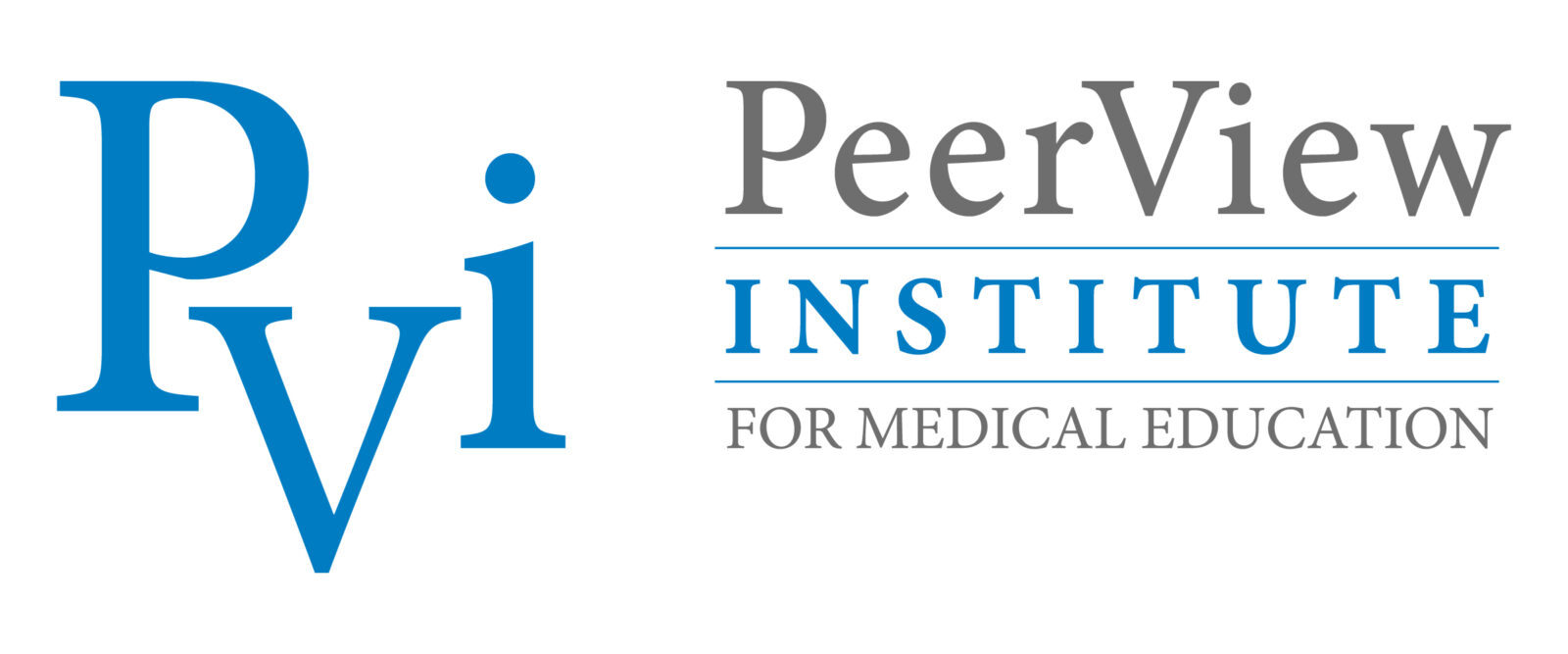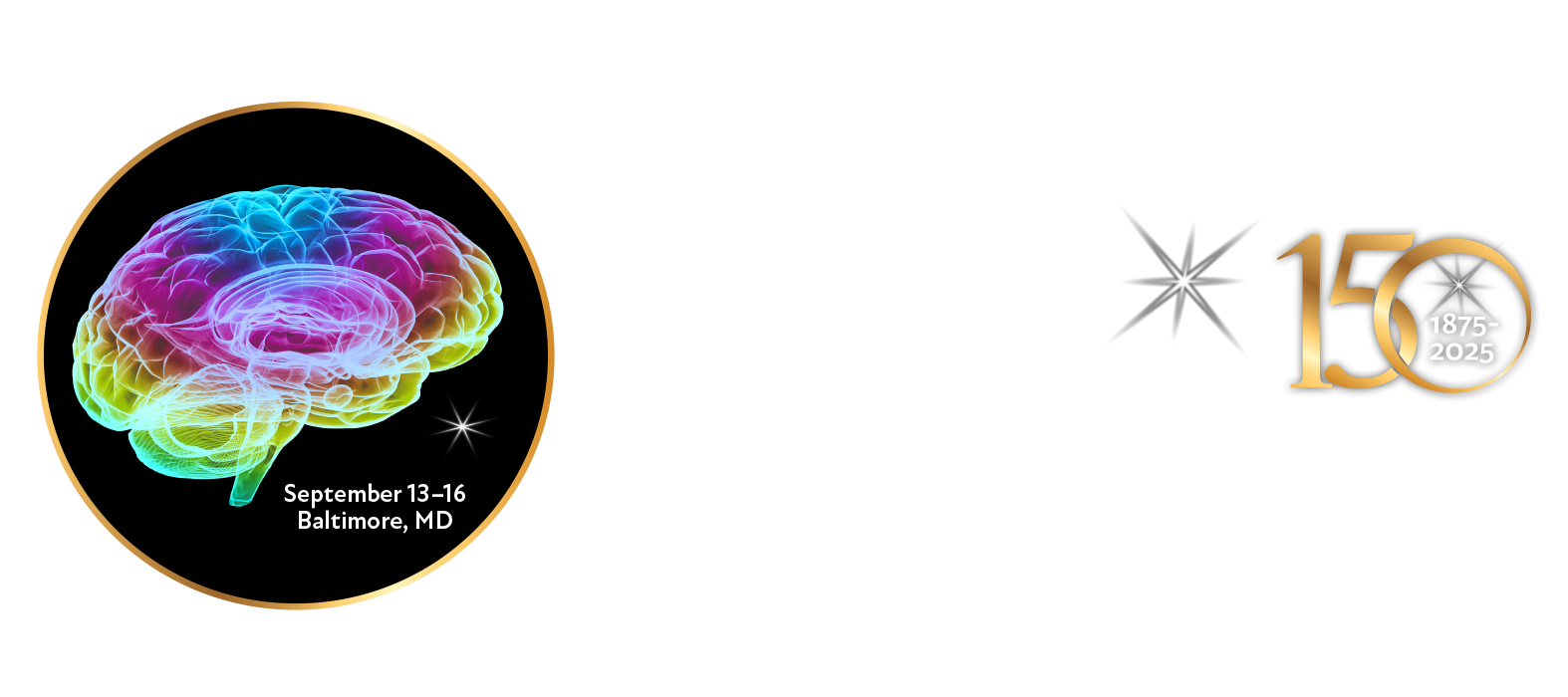Targeted Therapy for Hereditary Transthyretin Amyloidosis Polyneuropathy (ATTRv-PN)
Date: September 14, 2025
Time: 3:30 pm to 5:00 pm
Room: Grand Ballrooms 9-10 (Third Floor Level)
Track: Satellite Symposia
Session Description
- Understand how ATTR amyloidosis impacts patients and learn new strategies for early diagnosis and successful monitoring of ATTRv-PN.
- Improve your clinical practice by applying evidence from trials in ATTR-PN settings to common care scenarios.
- Learn strategies for incorporating best practices from amyloid centers into your neurology practice.
Faculty
Co-Chair & Presenter
Michelle C. Kaku, MD
Associate Professor of Neurology
Vice Chair of Education
Icahn School of Medicine at Mount Sinai
New York, New York
Co-Chair & Presenter
Chafic Karam, MD
Professor of Neurology
Chief, Neuromuscular Division
Director, Neuromuscular Fellowship
Department of Neurology
University of Pennsylvania
Philadelphia, Pennsylvania
Provided By: PVI, PeerView Institute for Medical Education

Learning Objectives
- Summarize how the pathophysiology of ATTR amyloidosis impacts the heterogeneity of its presentation, including neuropathic and cardiac manifestations.
- Determine strategies to facilitate the diagnosis and monitoring of ATTRv-PN.
- Describe trial results from studies that evaluated targeted strategies for the management of polyneuropathy in patients with ATTR amyloidosis.
- Apply diagnostic strategies and evidence from clinical trials conducted in ATTR-PN settings to address care scenarios typically encountered in these patients.
Financial Support
This activity is supported by an independent educational grant from AstraZeneca and Ionis Pharmaceuticals.
Credit Information:
- This session is not sponsored or programmed by the American Neurological Association (ANA). The faculty are presenting on behalf of, and are paid consultants for, PVI.
- 1.0 hours CME
Disclaimer
The ANA values the participation of our corporate partners and is supportive of the role that members of this community continue to play in our efforts to provide neurologists & neuroscientists with quality educational programs. These symposia are not part of the ANA official educational program, and the sessions and content are not endorsed by ANA.
The ANA does not provide continuing medical education (CME) credits for Satellite Symposia and assumes no responsibility for credits offered by other organizations. Accredited providers are solely responsible for the content, quality, and scientific integrity of their Satellite Symposia.


